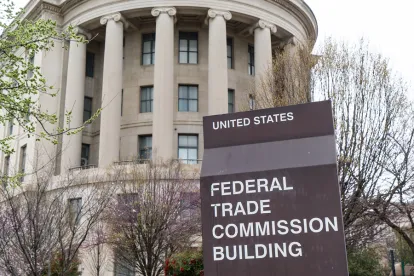How a transaction gets structured raises a multitude of issues, including whether the transaction might be reportable under the Hart-Scott-Rodino Antitrust Improvements Act (“HSR”). Structuring a transaction for the purpose of trying to avoid compliance with HSR can violate HSR and result in an enforcement action with significant penalties.
The relevant regulation states that “any transaction or other device entered into or employed for the purpose of avoiding the obligation to comply with the requirements of the act shall be disregarded, and the obligation to comply shall be determined by applying the act … to the substance of the transaction.” 16 C.F.R. § 801.90. Citing to the Statement of Basis and Purpose for Rule 801.90, the Federal Trade Commission recently elaborated on how the agency determines whether a device was employed for the purpose of avoidance:
“For purposes of determining whether transactions or devices for avoidance have been employed, of obvious relevance will be the existence of reasons other than avoidance for the manner in which a particular transaction is consummated.” Some have argued that so long as there is a legitimate purpose for the overall structure of the transaction, then there is not a purpose to avoid. This is not correct. Rule 801.90 is not a normative provision, nor is it even focused on the competitive effects of transactions. Rather, it poses a simple question: does the benefit that is the motive behind the transaction’s structure result from avoiding or delaying filing? If the answer is yes, the structure is an avoidance device under the Rule. … In contrast, if a transaction’s structure creates a benefit entirely unrelated to HSR filing—such as a tax benefit from a proposed structure that has nothing to do with filing—but the filing is delayed or avoided as an incidental consequence of the structure, there is no avoidance device.
In structuring a transaction, the parties’ focus should first be on the corporate implications, tax benefits, or operational requirements for structure, and then on determining whether the transaction will be subject to an HSR filing.





 />i
/>i
